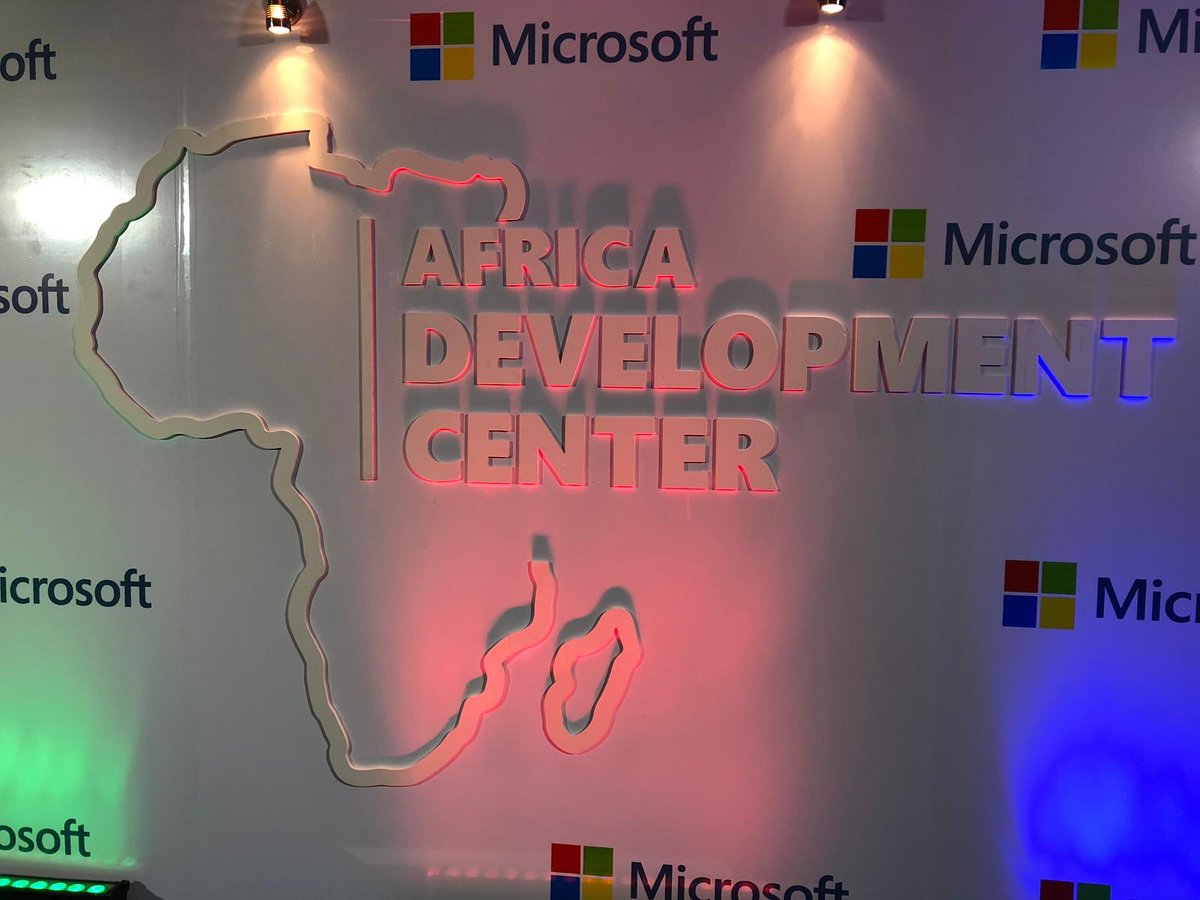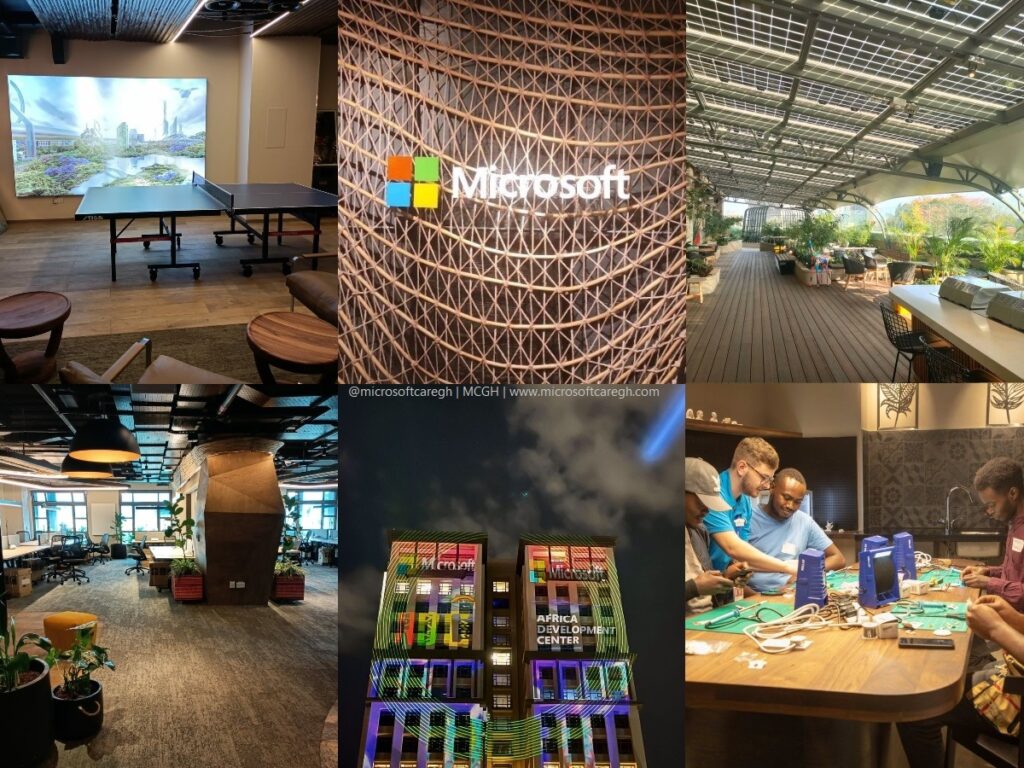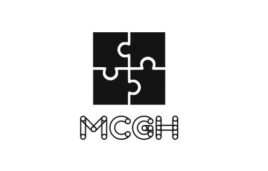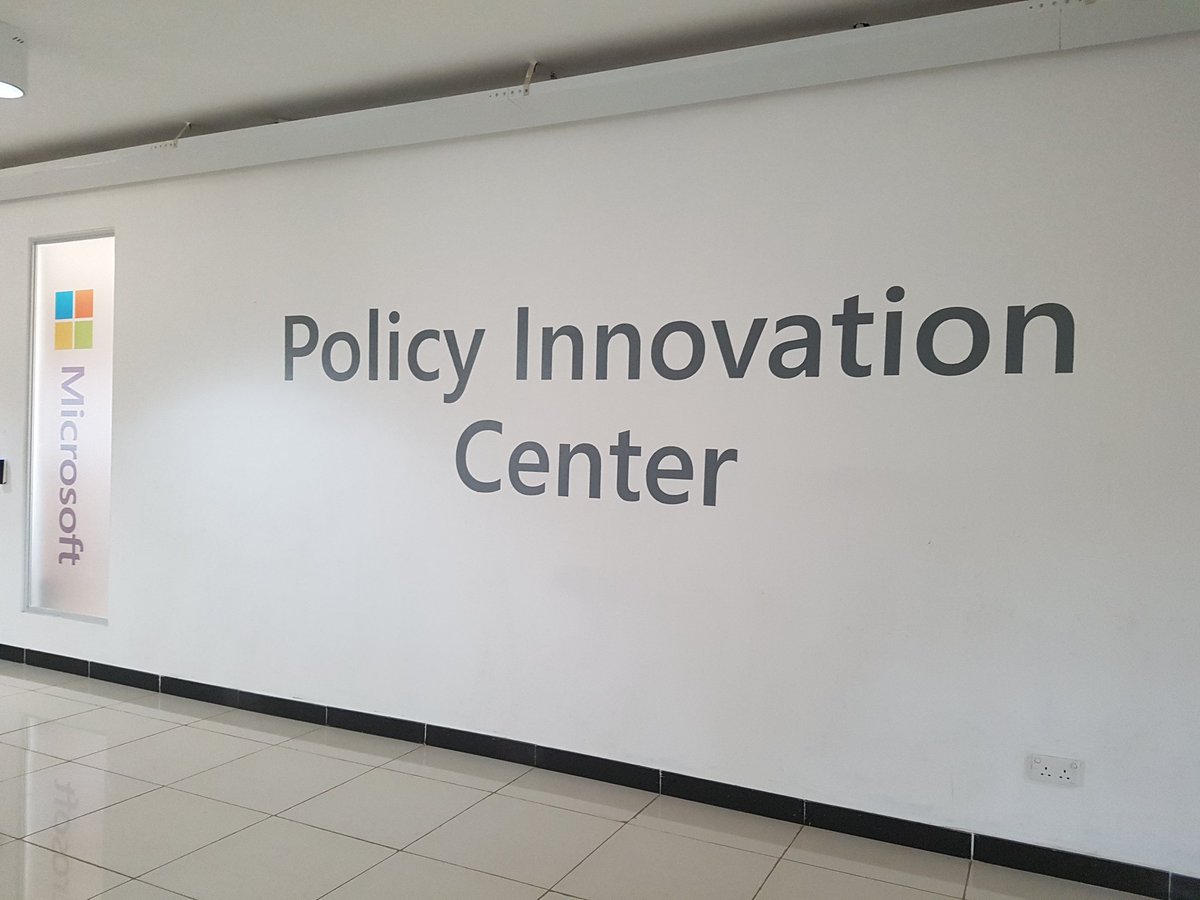
Microsoft collaborates with universities to improve their curriculum and facilitate direct hiring
Microsoft’s engineering arm, the Africa Development Centre is announcing a collaboration with Kenyan technology universities to review their curriculums and make them more relevant to industry needs as the centre ramps up its digital skilling efforts in the country.
As part of the program, Microsoft ADC has partnered with the Jomo Kenyatta University of Agriculture and Technology (JKUAT) to review its Computer Science degree program. The curriculum review program will also be extended to other universities in Kenya that have expressed interest, and across Africa.
The initiative is part of the ADC’s larger agenda to contribute to the Digital Transformation Strategy for Africa. Which aims to harness digital technologies and innovation to transform African societies and economies by 2030. The initiative also aims to address identified skill gaps in software engineering students during technical interviews, particularly in software engineering fundamentals. It also fits into the Kenyan government’s Digital Superhighway plan, which aims to put the country on the path to becoming the world’s digital workforce.
“The ADC is running multiple initiatives to improve the tech talent pipeline starting from primary school all the way to working to improve the skills of practicing professionals. As part of the skilling drive, the ADC is looking to improve tech-based curricula within local institutions of higher learning so as to reduce the skills gap between classrooms and the workplace,” says Irene Githinji, the ADC’s Student & Education Engagement Program Manager.

Microsoft says, while players in the technology sector are constantly on the lookout for new talent, they are frequently unable to hire directly from universities because students are mostly armed with theoretical knowledge at the expense of much-needed application skills in software engineering fundamentals. Also noting, a need has been identified to transition from paper examination to online assessment, as most students have never sat for coding exams via online assessment, as evidenced when they sit for the ADC’s coding interviews.
“Students pursuing STEM-related courses will benefit from the new curriculum because they will have access to updated resources, courses, and assessments. Additionally, updated curriculums with industry input will help students gain hands-on tech skills that will be useful throughout their tech careers,” adds Githinji.
Dr. Michael Kimwele, Director, School of Computing and Information Technology at JKUAT notes that the curriculum review partnership is not a first for Microsoft and JKUAT.
“Our collaboration with Microsoft has, over the years, helped to develop potential career pathways for students and enabled the institution to access more teaching resources. We have received industry feedback and guidance on our curriculum which has helped us to improve our teaching methods and content. The collaboration has also exposed our students to real-time industry jobs. For example, many students involved in incubator projects are often offered a role within the company after their graduation since they have had time to adjust to the company culture,” says Dr. Kimwele.
The Digital Transformation Strategy for Africa aims to provide a massive online e-skills development program to 100 million Africans per year by 2021, and 300 million per year by 2025, to provide basic knowledge and skills in digital security and privacy. The initiative is led and owned by African institutions and is intended to be embedded in African realities while unleashing the African spirit of enterprise and creativity to generate homegrown digital content and solutions while embracing what is good and relevant.
“We are also working closely with the government and the private sector to expand access to digital skills training across Africa, and some of our initiatives are already reaching out to schools to provide students with the skills they need to succeed in the workplace. The initiatives range from coding classes for young children and teaching basic computer skills to underprivileged individuals to highly technical learning opportunities such as the Game Of Learners hackathon, which helps university students fine-tune their skills by building real-world solutions under the supervision of industry professionals,” Githinji explained.
Githinji also emphasized the need to refine the quality of technology education in universities in order to better prepare students for a digitally enabled future.
Check out what’s new on our YouTube channel. Subscribe to follow for the latest videos and news in the ecosystem.
- YouTube wouldn’t build an app for the Apple Vision Pro, so Someone did! Introducing Juno
- What is Microsoft 365?
- Get to know Norton Genie app?
- Microsoft Copilot on iOS and Android get upgrade
- Microsoft’s new OneDrive design is out now!
- Sudo command comes to Windows 11
- Google has announced that its first cloud region in Africa is now open for business.
- Apple Vision Pro Review
- Apple’s first-party Podcasts app
- What is Amazon presents Diffuse to Choose?


